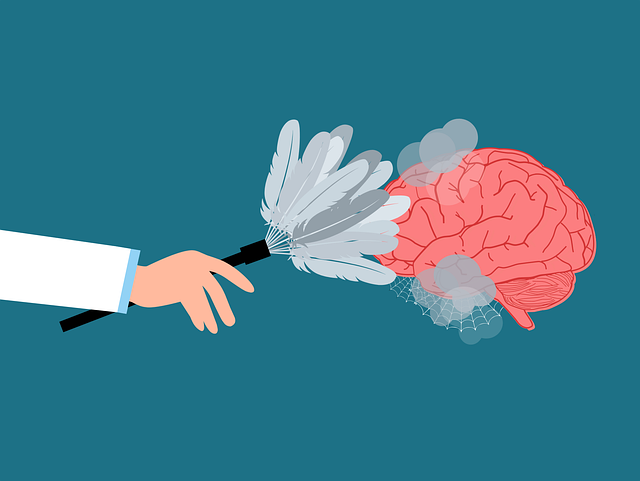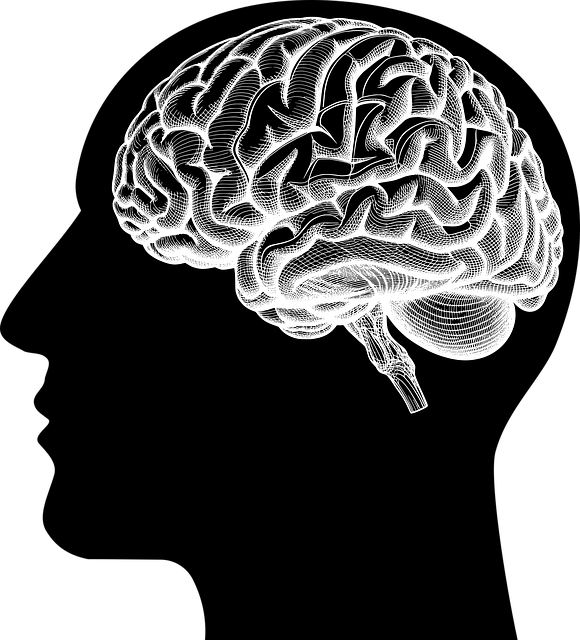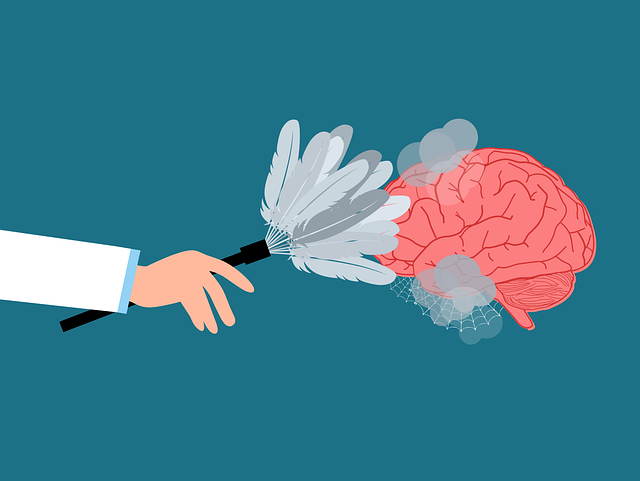Greenwood Village's Cognitive Behavioral Therapy (CBT) is a powerful tool for trauma healing, targeting negative thought patterns and empowering individuals to manage emotions resulting from traumatic events. CBT, integrated with Mental Wellness Coaching Programs, offers a holistic approach to recovery, enhancing community resilience and improving patient care in healthcare sectors through Stress Management Workshops and Crisis Intervention Guidance. Understanding local resources and reaching out to trusted providers or exploring teletherapy is crucial for navigating trauma recovery journeys.
Trauma can leave profound and lasting effects on individuals, making access to effective support services crucial. This article explores various aspects of trauma support, from understanding its impact to navigating specialized care. We delve into the role of Cognitive Behavioral Therapy (CBT) as an evidence-based approach and highlight Greenwood Village as a prominent hub offering specialized trauma care. By examining these key elements, we aim to empower individuals seeking healing and recovery.
- Understanding Trauma and Its Impact
- The Role of Cognitive Behavioral Therapy (CBT) in Trauma Support
- Greenwood Village: A Hub for Specialized Trauma Care
- Accessing and Navigating Trauma Support Services
Understanding Trauma and Its Impact

Understanding trauma is essential when considering support services provision. Trauma, as experienced by individuals, can significantly impact mental and emotional well-being, often leading to long-term effects such as anxiety, depression, and post-traumatic stress disorder (PTSD). Greenwood Village Cognitive Behavioral Therapy (CBT) has been recognized as an effective approach in helping individuals process these experiences and regain a sense of control. CBT focuses on identifying negative thought patterns and replacing them with healthier alternatives, enabling clients to develop coping mechanisms tailored to their unique needs.
The impact of trauma extends beyond the individual, affecting communities and organizations, especially those in healthcare. This is where Stress Management Workshops and Crisis Intervention Guidance play a crucial role. By providing resources for burnout prevention strategies, these initiatives support healthcare providers in managing their own stress and emotional well-being while delivering care. Such proactive measures not only enhance the quality of patient services but also foster a resilient and supportive work environment.
The Role of Cognitive Behavioral Therapy (CBT) in Trauma Support

Cognitive Behavioral Therapy (CBT) plays a pivotal role in trauma support services, offering effective treatment for individuals navigating the aftermath of traumatic events. This therapeutic approach focuses on identifying and modifying negative thought patterns and behaviors that can persist after a traumatic experience. By challenging and replacing distorted cognitions with realistic, balanced thoughts, CBT empowers individuals to regain control over their emotions and reactions.
In Greenwood Village, the availability of Cognitive Behavioral Therapy makes it an accessible resource for those seeking healing. This form of therapy not only addresses the symptoms of trauma but also equips clients with valuable self-care practices and communication strategies. Moreover, Mental Wellness Coaching Programs can complement CBT by fostering resilience, enhancing coping mechanisms, and promoting overall mental wellness. Integrating these therapeutic interventions ensures a holistic approach to trauma support, enabling individuals to process their experiences, develop adaptive responses, and rebuild their lives.
Greenwood Village: A Hub for Specialized Trauma Care

Greenwood Village stands as a beacon for specialized trauma care, offering a range of services tailored to meet the unique needs of individuals navigating the complexities of traumatic experiences. Beyond traditional therapy models, such as Cognitive Behavioral Therapy (CBT), this thriving community provides a holistic approach to healing. Here, residents and visitors alike can access resources dedicated to not only addressing symptoms but also fostering resilience and implementing effective self-care routines for better mental health.
The village’s vibrant atmosphere facilitates a supportive environment where individuals can regain their sense of agency and build confidence. This nurturing space encourages the development of coping mechanisms that extend beyond therapy sessions, promoting burnout prevention and long-lasting positive change. By combining evidence-based practices with a nurturing community, Greenwood Village empowers those affected by trauma to embrace healing and rediscover inner strength.
Accessing and Navigating Trauma Support Services

Accessing trauma support services can be a challenging yet vital step towards healing. Many individuals facing traumatic experiences may not know where to turn or feel intimidated by the process of seeking help. In Greenwood Village, Cognitive Behavioral Therapy (CBT) offers a structured and effective approach for managing trauma. CBT helps individuals identify and change negative thought patterns resulting from traumatic events, fostering positive thinking and resilience.
Navigating these services requires understanding one’s options. Local resources include crisis intervention guidance, accessible through dedicated hotlines or community centers. Cultural sensitivity in mental healthcare practice is essential, ensuring that support aligns with the individual’s unique cultural background and needs. By reaching out to trusted healthcare providers or exploring online platforms offering teletherapy, residents can find the right fit for their journey towards recovery.
In conclusion, understanding trauma and its profound impact is key to providing effective support. While cognitive behavioral therapy (CBT) has proven invaluable in helping individuals process and overcome traumatic experiences, communities like Greenwood Village stand out as hubs for specialized care. By accessing and navigating these services, those affected by trauma can embark on a path to healing and recovery, reshaping their lives and tapping into the resilience that lies within them.














